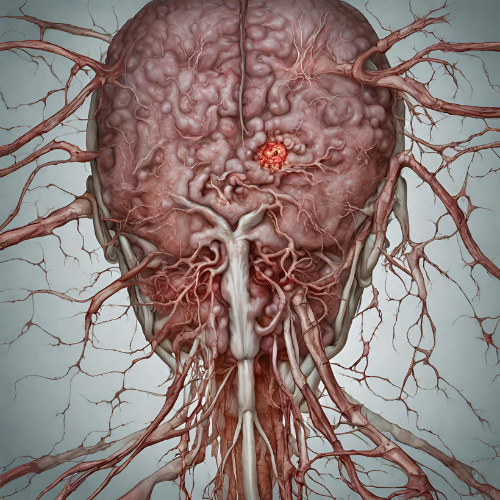Encephalitis: Understanding a Serious Brain Condition
What is Encephalitis? Encephalitis is a rare but serious condition characterized by inflammation of the brain. It can be caused by viral infections, autoimmune disorders, or other factors, leading to symptoms ranging from mild headache and fever to severe neurological impairment.
Types of Encephalitis There are two main types of encephalitis: infectious and autoimmune. Infectious encephalitis is caused by viral or bacterial infections, while autoimmune encephalitis occurs when the body’s immune system mistakenly attacks the brain tissue.
Symptoms of Encephalitis Symptoms of encephalitis can vary widely depending on the cause and severity of the inflammation. Common symptoms include fever, headache, confusion, seizures, and changes in behavior or consciousness. In severe cases, encephalitis can lead to coma or death.
Causes of Encephalitis Encephalitis can be caused by a variety of factors, including viral infections such as herpes simplex virus, mosquito-borne viruses like West Nile virus, and bacterial infections like Lyme disease. Autoimmune disorders, certain medications, and environmental toxins can also trigger encephalitis.
Risk Factors for Encephalitis Certain factors may increase the risk of developing encephalitis, including age (young children and older adults are more susceptible), weakened immune system, living in or traveling to areas with high rates of mosquito-borne illnesses, and a history of autoimmune disorders.
Diagnosis of Encephalitis Diagnosing encephalitis typically involves a combination of medical history review, physical examination, neurological tests, and imaging studies such as MRI or CT scans. In some cases, a lumbar puncture (spinal tap) may be performed to analyze cerebrospinal fluid for signs of infection or inflammation.
Pharmacokinetics and Pharmacodynamics The pharmacokinetics and pharmacodynamics of encephalitis treatment vary depending on the cause and severity of the condition. Antiviral medications may be prescribed for viral encephalitis, while immunosuppressive drugs may be used to treat autoimmune encephalitis. These medications work by targeting the underlying cause of inflammation and reducing symptoms.
Pharmacological Treatment Treatment for encephalitis often involves a combination of antiviral or antibiotic medications, corticosteroids to reduce brain inflammation, and supportive care to manage symptoms such as fever, seizures, and pain. In severe cases, hospitalization and intensive care may be necessary.
Non-Pharmacological Treatment Non-pharmacological interventions for encephalitis may include rest, hydration, physical therapy, and rehabilitation to help patients regain lost motor or cognitive function. In some cases, speech therapy or occupational therapy may also be recommended to address specific impairments.
Conclusion Encephalitis is a serious neurological condition that requires prompt medical attention and treatment. By understanding the causes, symptoms, and treatment options for encephalitis, individuals can take proactive steps to protect themselves and seek appropriate care if needed. Early diagnosis and intervention are crucial for improving outcomes and reducing the risk of complications associated with this condition.




